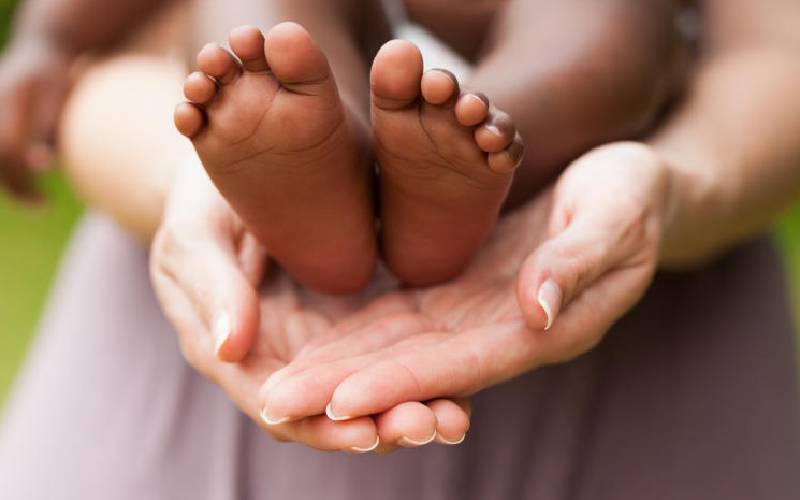×
The Standard e-Paper
Fearless, Trusted News

Adopted Baby's feet on mothers hands. [Getty Images]
November was adoption awareness month. The month is dedicated to celebrate families that have adopted children because they give the children emotional, social, legal, and kinship benefits of biological children. Adoptive families provide children an opportunity to be raised in a loving and stable home. Adoption enables caregivers to become parents or to grow their families by adding a child to their family as they give the child a home.